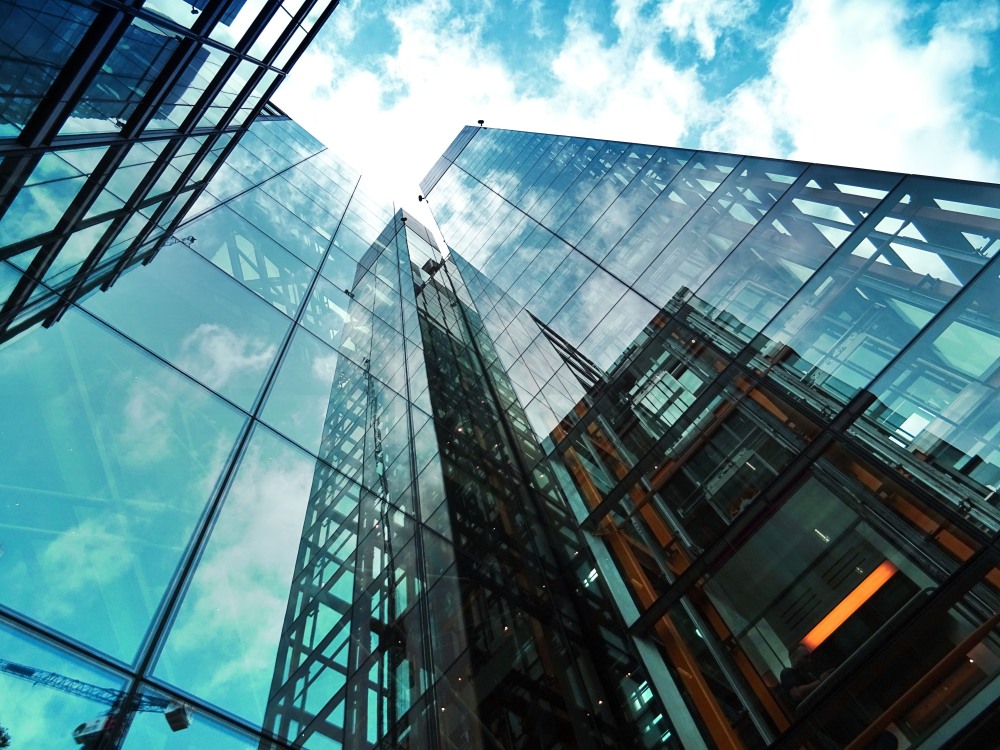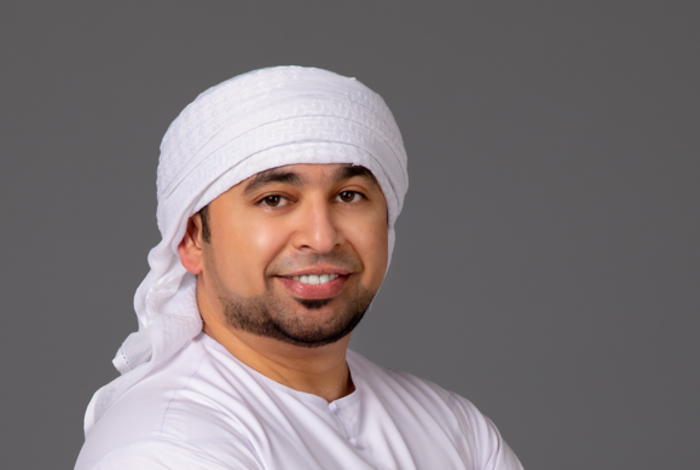Dubai vs Abu Dhabi: An Investment Comparison
As neighbours and the two most prominent emirates of the UAE, Abu Dhabi and Dubai attract foreign investors and entrepreneurs in their droves, but how do the two emirates differ from a business investment perspective, and which is the best location for your business venture?
This article examines the main business sectors and investment opportunities in each emirate and the key differences between each.
Background
The discovery and extraction of oil in the two emirates may have been the initial catalyst for economic and infrastructural growth. However, the rapid expansion and diversification that followed over the next few decades is what has made Abu Dhabi and Dubai the modern, cosmopolitan cities that they are today.
Both emirates have now transformed themselves into global business, banking and tourism hubs that each year attract hundreds of thousands of new arrivals.
Population and Geography
As the capital of the UAE, Abu Dhabi is by far the largest of the seven emirates, occupying 84% of the country’s total area. Dubai is far smaller, making up only 5%. However, Dubai has a much larger population, with approximately 3.4 million inhabitants to Abu Dhabi’s 1.5 million. This makes Dubai seem much busier in comparison to the quieter and more open feel of Abu Dhabi.
Abu Dhabi
As the capital of the UAE and the largest emirate by size and GDP contribution, Abu Dhabi offers significant benefits to foreign investors.
Diverse talent pool
There are in excess of 200 different nationalities represented in Abu Dhabi, which provides business owners with access to a workforce with a wealth of diverse languages, skillsets and talents. The city is also home to more than 16 universities, including Khalifa University, Sorbonne University, New York University Abu Dhabi and the world’s first AI university, the Mohamed bin Zayed University of Artificial Intelligence (MBZUAI).
Infrastructure
As the largest city in the UAE, Abu Dhabi has a comprehensive network of routes for international freight services covering sea, land, air and rail.
Its main international airport serves around 20 million passengers a year with over 30 airlines offering flights to more than 120 destinations.
It’s also home to Khalifa Port, the first semi-automated seaport in the Middle East and North Africa. The port benefits from close proximity to the region’s largest industrial zone (KIZAD) which offers extensive trade and logistics facilities and access to over 4.5 billion international consumers.
Abu Dhabi also boasts the Abu Dhabi Global Market (ADGM), an award winning international financial centre for global businesses, financial institutions, professional services firms and FinTech companies.
Main Business Sectors
The largest contributor to Abu Dhabi’s GDP is still the oil and gas industry by some margin at 44.2%. However, manufacturing, construction, and transportation and storage all make notable contributions.
Significant business opportunities also exist in growth sectors such as health services, information communications technology (ICT), the pharmaceutical industry and tourism, largely thanks to an investment of AED 2 million from the Abu Dhabi Investment Office (ADIO) to support the growth of these business sectors.
Free Zones
Apart from ADGM, which caters mainly to the financial industry, Abu Dhabi also has:
• Khalifa Industrial Zone Abu Dhabi (KIZAD) – This free zone is linked to Khalifa Port and offers connectivity with over 60 global ports to allow easy import of bulk raw materials and export of finished product.
• Masdar City – A special economic free zone dedicated to clean technology and renewable energy. It is one of the world’s most sustainable urban communities and offers great opportunities for clean energy startups.
• Abu Dhabi Airport Free Zone (ADAFZ) – Located close to Abu Dhabi International Airport, ADAFZ offers commercial offices, warehousing units and logistics services to companies based there.
• Twofour54 – A media free zone with over 600 established companies, supporting the growth of local, regional and international media businesses.
Dubai
Dubai is the most populated of the seven emirates and is synonymous with the UAE. It has a booming tourist industry, attracting over 16 million international visitors annually, drawn to its luxurious hotels, giant shopping malls and innovative architecture. Over the years, it has successfully diversified from an oil reliant economy to a tourism and service based one.
Main Business Sectors
The wholesale and retail sector makes the largest contribution to Dubai’s economy, accounting for 22.7% of the emirate’s GDP, this is followed by financial services and insurance, which contribute 11.9% to GDP, and transport and storage, which contributes 11.7%. Manufacturing, real estate and tourism also make significant contributions to GDP.
Financial Services and Insurance
The Dubai International Financial Centre (DIFC), an onshore financial centre established in 2004, has catalysed economic growth in Dubai. It has developed into a bridge between the financial markets of the east and west and a gateway for capital and investment to and from the GCC region.
Today, financial services generate approximately AED40 billion for Dubai’s economy and DIFC offers financial service providers a unique business ecosystem that provides a range of financial benefits and operational support.
Travel and Tourism
Tourism is a huge source of income for Dubai. In 2021 the emirate received 7.28 million visitors and attracted AED83.5 bn in Foreign Direct Investment (FDI) through tourism. Events like the Golden Jubilee of the UAE and Expo 2020 were hugely successful in helping the UAE rebound from the restrictions of the global pandemic and benefit from the resurgence in international travel post Covid-19.
The country is continuing to invest heavily in its tourism industry, with projects such as retail developments, sporting venues, theme parks and museums all either under construction or in the pipeline. This will ensure that tourism in Dubai continues to thrive, and investment opportunities will continue to appear.
Manufacturing
Manufacturing accounts for 80% of Dubai’s non-oil revenue. It encompasses sectors such as processed food and beverages, plastics and rubber, electrical machinery, mineral products, and publishing and printing.
Other areas of investment that the government is incentivising are emerging technology-based sectors such as 3D printing, nanotechnology, advanced farming and the renewable energy sector.
Free Zones
Much of the investment promotion across Dubai and indeed the UAE as a whole has traditionally depended on economic free zones. These jurisdictions are considered separate from the UAE mainland and as such provide unique tax and regulatory exemptions.
There are currently over 46 free zones situated across the UAE, with over 20 of those located in Dubai. Each free zone is dedicated to a specific business sector and offers tax concessions and customs duty benefits to foreign investors.
Some of the most prominent ones in Dubai are:
• Dubai Multi Commodities Centre (DMCC)
• Jebel Ali Free Zone (JAFZA)
• Dubai Airport Free Zone (DAFZ)
• Dubai International Financial Centre (DIFC)
• Dubai Internet City (DIC)
Final Thoughts
Abu Dhabi and Dubai remain attractive destinations for foreign investment. The absence of income tax and the many free zones which offer full repatriation of business profits and exemption from corporate tax continue to entice business investors in large numbers.
Recent reforms of entry and residency requirements and amendments to commercial companies law have also made it easier for foreigners to establish businesses and obtain long-term residency.
Despite the recent announcement of the introduction of corporate tax, FDI is unlikely to be affected to any significant degree, especially since the rate of 9% still remains significantly lower than the global average and the lowest among the UAE’s GCC neighbours.
How Can PRO Partner Group Help?
PRO Partner Group has an experienced team with a wealth of experience in company incorporation in the UAE and the wider GCC. We can advise you on the best setup option for your business and help you deal with all regulatory and legal requirements.
If you need assistance with any onshore or offshore company setup, restructuring, local partner or PRO support matter in Abu Dhabi, Dubai, the wider UAE, Oman, Qatar or KSA, then please do get in touch with us on +971 (0)4 456 1761 for Dubai or +971 (0)2 448 5120 for Abu Dhabi, email us at info@propartnergroup.com or complete the contact form below and we will be delighted to assist you.
















































